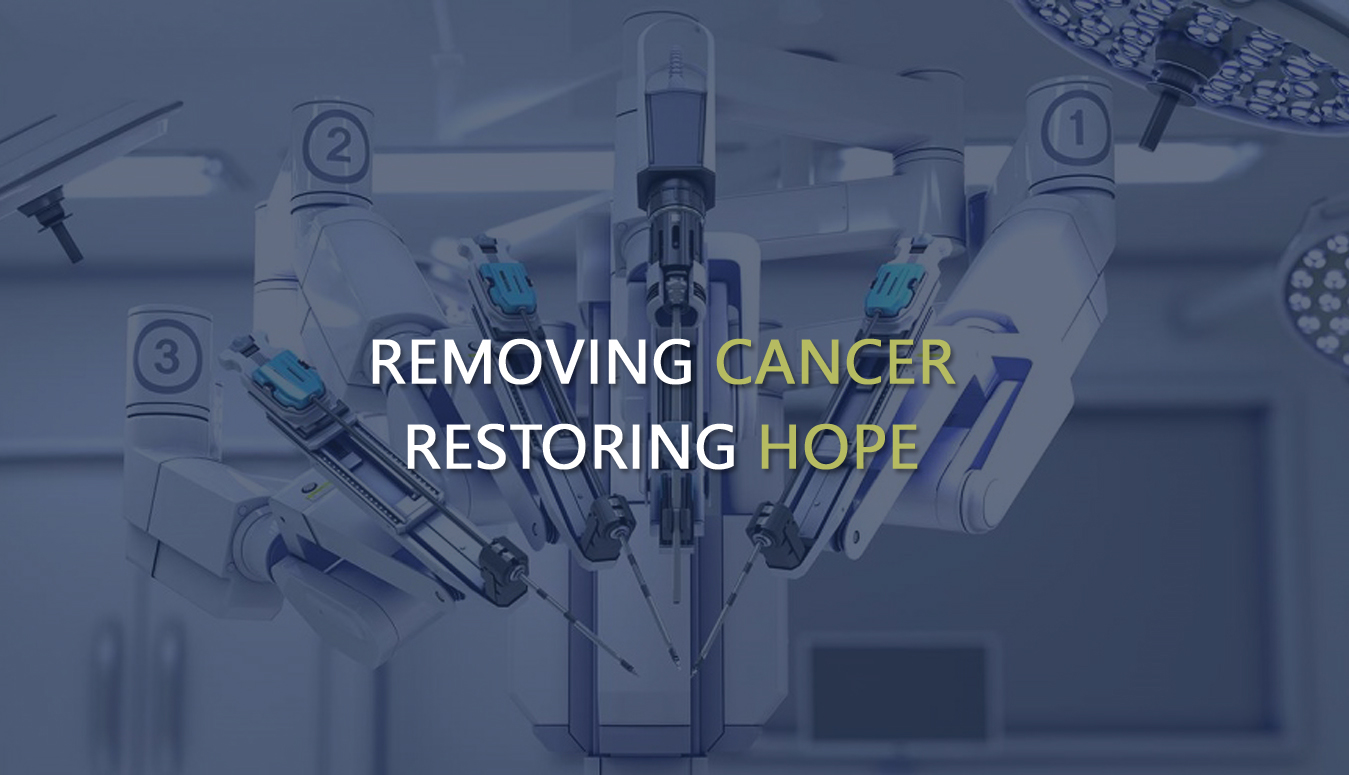Throat Cancer
Throat Cancer
Head and neck cancer includes throat cancer. It typically begins in the throat (pharynx), voice box (larynx), vocal cords, or tonsils.
The symptoms of throat cancer differ depending on where the tumor is located. They can range from ear ache to neck pain to a sore throat.
Causes of Throat Cancer
Cancer of the throat, like oral cancer, is frequently related with tobacco and alcohol use. In recent years, however, infection with the human papillomavirus (HPV) has emerged as a major cause of tonsil cancer and other oropharyngeal cancers. According to the Centers for Disease Control, HPV is responsible for more than 70% of oropharyngeal cancer diagnoses in the United States.
Treatments for Throat Cancer
Head and neck surgery, radiation therapy, medication therapy, or a combination of these may be used to treat throat cancer. Many factors influence which strategy is best for you. These include the tumor's size and location, if the tumor is associated with HPV infection, and your personal preferences.

Throat Cancer Quick Facts
Doctors that are board qualified in head and neck surgery are most suited to perform throat cancer surgeries. The major goal of throat cancer surgery at is to cure the malignancy while keeping your beauty and throat functions.
Another crucial part of throat cancer treatment is radiation therapy. Radiation and chemotherapy are frequently administered together. This is known as chemoradiation. When administered jointly, they improve therapy effectiveness and provide better results.Radiation oncologists have specialized expertise in treating throat cancer patients.
It is critical to determine the HPV status of a throat tumor. People with HPV-positive throat cancer might often undergo less aggressive treatment.
Advanced throat cancer patients may benefit from cutting-edge medicines like immunotherapy or targeted therapy. These are frequently made available through clinical studies.
Swallowing and speech issues can be side effects of throat cancer and its therapy. Dr. Chaddha holistic approach to throat cancer care includes professionals in rehabilitation, speech pathology, and other fields. Learn more about our expertise in speech and swallowing.
Tobacco and alcohol usage are both significant risk factors for throat cancer.
 help
help


